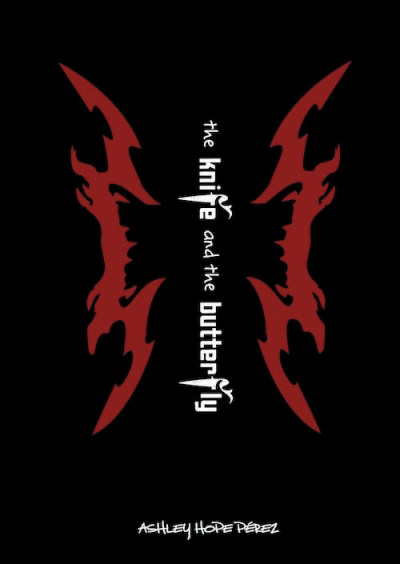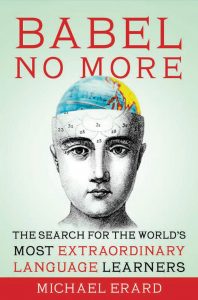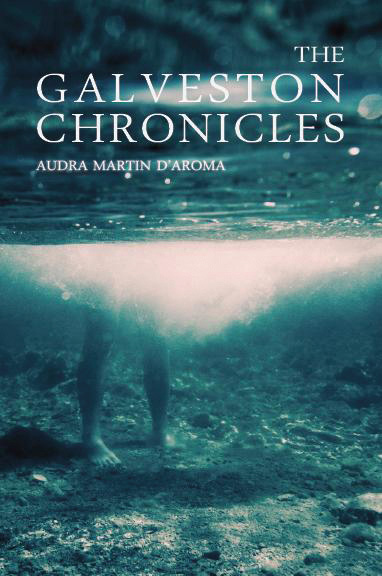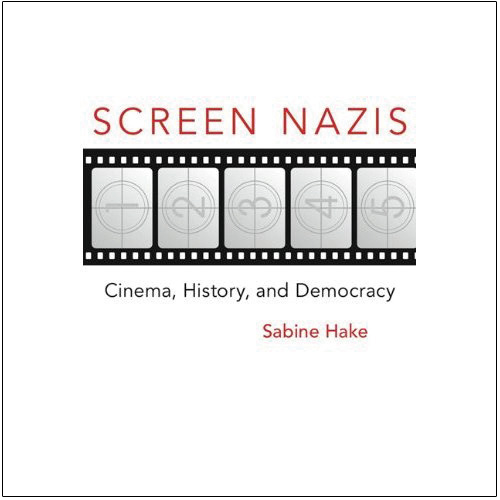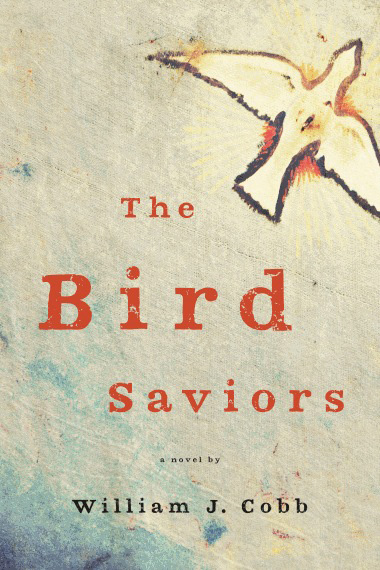The Knife and the Butterfly
Carolrhoda Books, Feb. 2012
By Ashley Hope Pérez (B.A. English, ’04)
Ashley Hope Pérez writes about disadvantaged teens struggling to meet their obligations at home and follow their dreams. However, her newest book “The Knife and the Butterfly” is about the students who slipped through the cracks in the system or dropped out of school.
The protagonist, Salvadoran Martín “Azael” Arevalo is one of those fallen students. The story unfolds when Azael wakes up in a locked cell after a gang fight in a Houston park. Unable to piece together the events that landed him behind bars, yet again, he realizes that something is not right. Things get really weird when he’s assigned to secretly observe another imprisoned teen named Alexis “Lexi” Allen.
The two troubled teens soon find themselves inexplicably linked in this gritty paranormal thrill ride.
Babel No More: The Search for the World’s Most Extraordinary Language Learners
Free Press, Jan. 2012
By Michael Erard (M.A. Linguistics, ‘96; Ph.D. English, ’00)
Imagine a person who can pick up languages very easily. Who can leap language barriers with a single bound. Such people aren’t parrots. They’re not computers. They’re language superlearners.
Alumnus Michael Erard searched for these people, and when he found them — in history books and living among us — he tried to make sense of their linguistic feats and their mental powers. His book answers the age-old question: What are the upper limits of the human ability to learn, remember and use languages?
Friedrichsburg: A Novel
University of Texas Press, May 2012
By Friedrich Armand Strubberg
Translated, annotated and illustrated by James C. Kearney (B.A. Germanic Studies 1969 and Ph.D. Germanic Studies 2010)Founded in 1846, Fredericksburg, Texas, was established by German noblemen who enticed thousands of their compatriots to flee their overcrowded homeland with the prospect of free land in a place that was portrayed as a new Garden of Eden. Few of the settlers, however, were prepared for the harsh realities of the Texas frontier or for confrontation with the Comanche Indians. In his 1867 novel “Friedrichsburg,” Friedrichs Armand Strubberg, a.k.a. Dr. Schubbert, interwove his personal story with a fictional romance to capture the flavor of Fredericksburg during its founding years.
Now available in a contemporary translation by University of Texas alumnus, James Kearney, “Friedrichsburg” brings to life the little-known aspects of life among these settlers who sought to make the transition to a new home and community on the Texas frontier.
Galveston Chronicles
Rozlyn Press, Feb. 2012
By Audra Martin D’Aroma (B.A. English & Art History, ’99)
In the stifling days before the Galveston Hurricane of 1900, Isadora Khaled begins to dream about catfish and murdering her daughter, setting off a chain of events Friedrichs resolved that will not be until Hurricane Ike in 2008. The descendants of Isadora are defined by and eventually named after the hurricanes that shaped their lives: Fatima who enters into a doomed relationship in 1961; her drug-numbed daughter Carla, desperate to get home in 1983; and Carla’s daughter Alicia, reunited with her heritage on a modern island embracing disaster culture in 2008.
Black & Blue: The Origins and Consequences of Medical Racism
University of California Press, April 2012
By John Hoberman, professor, Department of Germanic Studies
“Black & Blue” is the first systematic description of how American doctors think about racial differences and how this kind of thinking affects the treatment of their black patients. The standard studies of medical racism examine past medical abuses of black people but do not address the racially motivated thinking and behaviors of physicians practicing medicine today. “Black & Blue” penetrates the physician’s private sphere where racial fantasies and misinformation distort diagnoses and treatments.
Screen Nazis: Cinema, History, and Democracy
University of Wisconsin Press, June 2012
By Sabine Hake, professor, Departments of Germanic Studies, Geography and the Environment, and Center for Women’s and Gender Studies
From the late 1930s to the early 21st century, European and American filmmakers have displayed an enduring fascination with Nazi leaders, rituals and symbols. Probing the emotional sources and effects of this fascination, Sabine Hake looks at the historical relationship between film and fascism and its far-reaching implications for mass culture, media society and political life. In confronting the specter and spectacle of fascist power, these films not only depict historical figures and events but also demand emotional responses from their audiences, infusing the abstract ideals of democracy, liberalism and pluralism with new meaning and relevance.
Immigrant Politics: Race and Representation in Western Europe
Lynne Rienner Publishers, April 2012
Edited by Terri E. Givens, associate professor, Department of Government; and Rahsaan Maxwell, assistant professor of political science, University of Massachusetts
Do ethnic minority politicians play a meaningful role in Western Europe? How do European publics feel about nonwhite politicians? How are political parties reaching out to ethnic minority communities, and how do those communities feel about their political influence?
Addressing these increasingly critical questions, the authors of “Immigrant Politics” explore the realities, possibilities and problems of ethnic minority and migrant political participation in Western Europe. Their combination of thematic chapters and country studies provides a thorough overview of the politics of race and representation in the region.
The Bird Saviors
Unbridled Books, June 2012
By William J. Cobb (M.A. English, ‘84)
When a dust storm engulfs her Colorado town a heartbreaking decision faces Ruby Cole, a girl who counts birds. She must either abandon her baby or give in to her father by marrying a man more than twice her age who already has two wives. She chooses to run, which sets in motion an interlocking series of actions and reactions, upending the lives of an equestrian police officer, pawnshop riffraff, a disabled war vet, Nuisance Animal destroyers and a grieving ornithologist who is studying the decline of bird populations. All the while, a growing criminal enterprise moves from cattle rustling to kidnapping to hijacking fuel tankers and murder as events spin out of control.
Set in a time of economic turmoil, virus fears, climate change, fundamentalist cults and illegal immigrant hardship, William Cobb’s new novel is a visionary story of defiance, anger, compassion and unexpected love, in which a young woman ultimately struggles to free herself from her domineering father, to raise her daughter in the chaos of the New West and to seize an opportunity to become something greater than herself.

